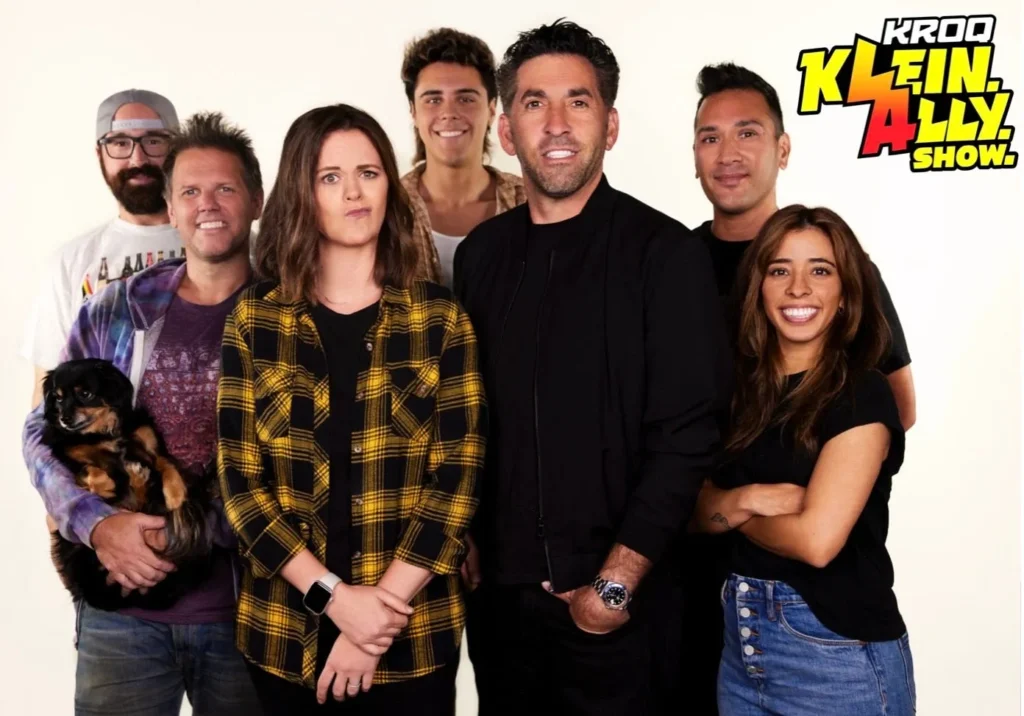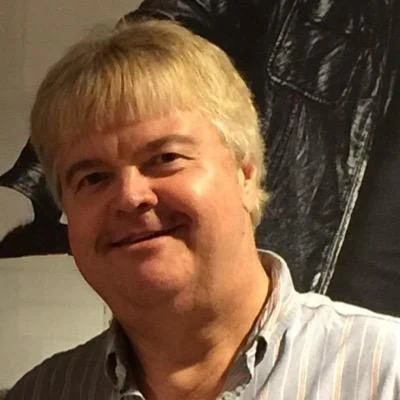Radio has always responded in times of crisis. Recently, I had the opportunity to look inside Audacy Los Angeles to see how it is responding and coping with the Los Angeles wildfires and how things look moving forward.
I spoke with Jeff Federman, Regional President / Market Manager, Chris Ebbott, SVP/Programming, and Klein and Ally, the KROQ morning show.
What I found was a surprisingly upbeat attitude.
I admitted to Federman that I had never sat in the Market Manager seat and that if I had, I would likely have thought at this time that my budget was blown for the entire year and maybe years to come, but that was not at all the case with him.
“The way we view the sales organization and our sales team is the same way that we view programming, where we’re a community service. Quite frankly, knowing that I can get a discount or I can get dollars off on products that I need today because I just lost them all yesterday in a fire is extremely important,” said Federman.
“Or that I can get some legal advice or some tax advice or insurance advice or my phone’s not working because I left it behind. Where’s the best place to go get a new one? It’s almost counterintuitive to what most people think.”
Federman gave me an example of how he had personally been impacted.
“I will give you a great example for myself. So, unfortunately, my son, who is 18, has been in a group chat with all of his, what he calls his boys, since third grade when they got their first phones. Fourteen lost their homes, so I have a bunch staying at my house.”
“I had to go out and buy mattresses. I know our biggest mattress guy here. I’ve known him for years, so I called and bought them from him. I said to them you got to be on the air; you need to change your message and let people know because it’s not just the people that lost their place; it’s the people who are taking them in that need.”
When it comes to on-air messaging, I asked Ebbott how he manages the tone and content. While the wildfires are somewhat unprecedented in scope, Ebbott said this is far from the first time the city has faced difficulty.
“Unfortunately, we’ve been through a lot in the last half of a decade. It really started pre-COVID, even here for us in Los Angeles, when Kobe (Bryant) died. That was a moment that affected the world, but so affected Los Angeles and our city. And so, unfortunately, I feel like we have some ways to deal with this,” Ebbott said.
“I think it’s always about reflecting the mood of your town, being a resource for your town and for the people who are your listeners. Our coverage here in Los Angeles was really led by KNX. I’m in awe of the job that they did, and they continue to do it in terms of keeping the community informed and up to date.”
Ebbott continued, “Radio still has that place in a society where nobody can do what we’re doing in real-time and over a medium that is so accessible to people at every moment in time.”
For the Klein/Ally Show on KROQ, it wasn’t their first time navigating rough waters.
“Unfortunately, this was not the first time we’ve been on the air when there’s been tragedy unfolding. This one, though, felt different because of the geography and everything else. It felt like we were in the middle of a literal firestorm,” said Klein.
“We don’t fool ourselves into believing that anyone is going to go let’s find out what KRock thinks about what’s happening. However, there is always the balance of providing information that’s useful to the public. But the reality is that we are people, we are real people, and we are reacting to each other and reacting to stuff as it’s happening in a very real and emotional way.”
“And sometimes that is through humor, not that the situation is funny, but that is how both of us cope in our own way with dealing with terrible times.”
Ally added, “What we can offer that’s different than a news station is our own personal experience and perspective. While some people might go to a news station to get updated on how things are happening in real-time, with us, they can also process their feelings in real-time with people with whom they feel they can relate. And having a little bit of a lightness as well, so that it doesn’t feel like it’s just total death, destruction, doom, and to feel that you’re listening to the morning show that you know and love.”

Federman’s responsibilities go beyond just sales and programming. Like many Los Angeles broadcasters, the cluster has transmission sites on Mt. Wilson.
“The firefighters and the first responders have been unbelievable. They ended up saving Mt. Wilson, and we were able to get gas up there. We powered down and went to our auxiliary in the overnights and saved it just to make sure. It turned out we got to gas up that next day, but all those things you just don’t think about are happening in real-time while the fires are still going,” said Federman.
Ebbott says now is the time for personalities to be genuine and authentic.
“I think it’s about genuineness. I think our stations here do a really exceptional job of having people on. You can’t tell somebody everything will be okay when you don’t know that it will be okay. That’s toxic behavior. We’re never going to do that.”
For Klein and Ally, the tone is important, as is knowing when to be a little more lighthearted.
“The situation is doom and gloom enough. Let’s be the escape that people could use. And we did get calls from first responders who were appreciative that we gave them something to actually laugh at,” said Klein. “But then you don’t want to come across as being cavalier. We’re human. And as the show’s going on, I’m getting texts from my wife, and she’s going, ‘I think we need to go,’ or ‘I think we need to pack up.’ And so it’s all, trying to do the most and really just be in the moment of that kind of emotion.
Ally added, “We did have to make game time decisions with what we felt was right at the moment. There were times when we did want to pivot away and just do a general conversation, a personal story that was unrelated, that could just lighten the mood, and then go back to it. We didn’t move away from things for too long, but we also wanted to provide people with a sense of normalcy from a listening perspective.”
“It is a delicate balance, and finding that right balance can be stressful. But what’s nice and what I love about radio is that you can hear from people immediately. The other part of that is what sets us apart from a news station: People can call us and talk to us, have real conversations about it in real-time, and literally process it together live.
Federman is grateful to his team both on the local and corporate level.
I appreciate the community and our team for everything they’ve done, and that’s all aspects of the team. It’s been all hands-in for everyone. Everybody on our corporate team, Susan (Larkin), David (Field), and Jeff Sottolano, all are like, what do you guys need? Yes, whatever you need, and that’s been incredible. We got support from everybody across the country .”
Barrett Media produces daily content on the music, news, and sports media industries. To stay updated, sign up for our newsletters and get the latest information delivered straight to your inbox.

Jeff Lynn serves as Editor of Barrett Media’s Music Radio coverage. Prior to joining Barrett Media, Jeff spent time programming in Milwaukee, Omaha, Cleveland, Des Moines, and Madison for multiple radio groups, including iHeartMedia, Townsquare Media, NRG Media, and Entercom (now Audacy). He also worked as a Country Format Editor for All Access until the outlet shut down in August 2023.
To get in touch with Jeff by email, reach him at Jeff@BarrettMedia.com.



